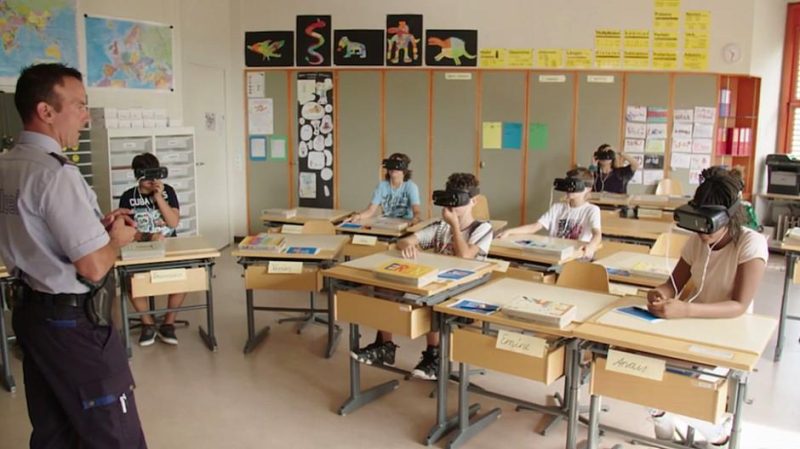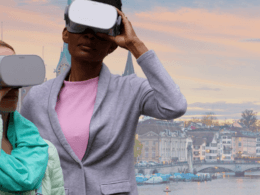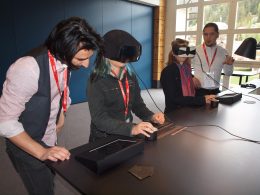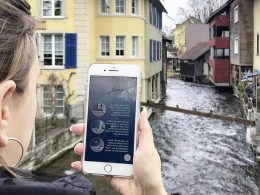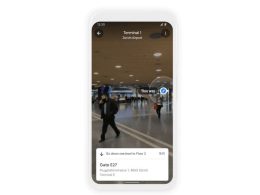The city of Zurich is experimenting with virtual reality in traffic instruction. In six school classes, children could train to recognise dangers on their bicycles - from the console.
There are more and more cyclists in Zurich - and more and more bicycle accidents. Between 2012 and 2016, the number of accidents increased by 50 percent, according to statistics from the city of Zurich. To make cyclists aware of the dangers in road traffic, the city is using a new approach: virtual reality videos. Together with the Zurich-based virtual and augmented reality service provider Bandara six 360-degree training films were produced. They let viewers slip directly into the role of a cyclist and train hazard recognition in a first-person perspective, according to a statement.
Because children reacted particularly positively to the virtual reality films, a pilot test was carried out in six Zurich school classes in the summer. The films show everyday situations such as car doors opening, cars turning or trams approaching from behind. The experience of watching these films with VR glasses is particularly realistic and the learning effect correspondingly great.
"We have structured the films didactically so that the greatest possible learning effects can be achieved," says Wernher Brucks, Head of Road Safety for the City of Zurich. Each film contains three scenes. First, the danger has to be recognised, then the pupil is exposed to it and an accident almost happens, and then it comes to a resolution.
Experience the danger in the middle with VR
"In VR lessons, the pupils are in the middle of the action and experience the dangerous scenes 1:1," says Roger Baumgartner, school instructor of the city of Zurich, in the video. It is particularly helpful that the children can turn around in the scenes and thus also train their posture. Because looking backwards is also important in traffic.
Learning with VR motivates
Traffic psychologists from the Zurich University of Applied Sciences (ZHAW) accompanied the trial scientifically. They came to the conclusion that the virtual reality traffic lessons had a positive effect especially on the motivation of the pupils and the perception of danger. In addition, the children would effectively look over their shoulders more often.
Source: Media release





